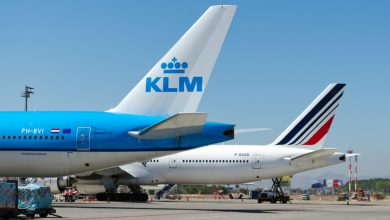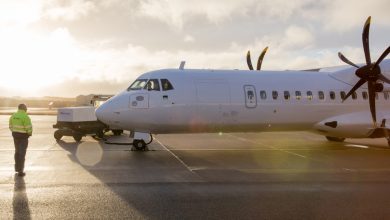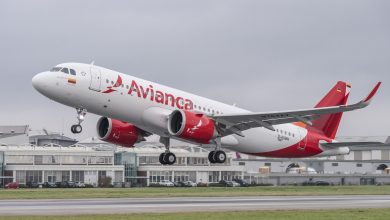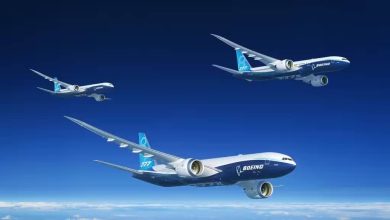A320neo recebe certificação conjunta da EASA e FAA
Airbus today announced that the A320neo powered by CFM International’s LEAP-1A engine has received Type Certification from the European Aviation Safety Agency (EASA) and the U.S. Federal Aviation Administration (FAA), paving the way for delivery of the first A320neo equipped with the LEAP engine in mid-2016.
“Today’s announcement marks another great milestone in the long relationship between CFM and Airbus” said Jean-Paul Ebanga, CFM president and CEO. “We are very proud of what we have accomplished with the LEAP-1A engine together with Airbus. The flight test program has been a big success and we can’t wait to start bringing LEAP’s outstanding fuel efficiency, low maintenance costs, and world-class reliability to our customers later this year.”
Airbus selected the LEAP-1A as an option for the A320neo in December 2010. The engine flew for the first time on the A320neo on May 19, 2015; a second airplane was added in September of last year. Overall, these aircraft have accumulated more than 1,000 flight hours in more than 350 flights – including 150 flight hours completed with the same aircraft in an airline-like environment to ensure operational maturity at entry into service. In February, the LEAP-1A was the first engine to power the A321neo, currently undergoing flight tests. Certification of the remaining aircraft variants with LEAP engines will follow in the coming months.
The LEAP-1A, which powers the Airbus A319neo, A320neo, and the A321neo aircraft, features some of the industry’s most advanced technology, including 3-D woven carbon fiber composite fan blades and fan case; a unique debris rejection system; 4th generation three dimensional aerodynamic designs; the Twin-Annular, Pre-Swirl (TAPS) combustor featuring additively manufactured fuel nozzles; ceramics matrix composite shrouds in the high-pressure turbine; and titanium aluminide (Ti-Al) blades in the low-pressure turbine.
The engine will provide operators with double-digit improvements in fuel consumption and CO2 emissions compared to today’s best CFM engine, along with dramatic reductions in engine noise and exhaust gaseous emissions. All this technology brings with it CFM’s legendary reliability and low maintenance cost.
Source: Aviation Pros 31/05/2016





